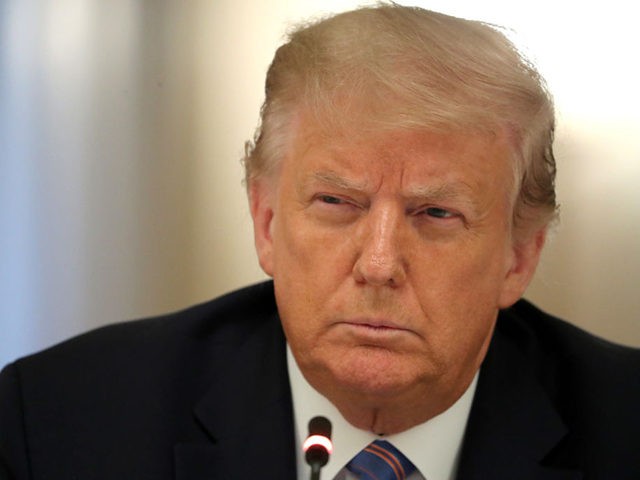The Supreme Court on Thursday ruled against President Donald Trump’s attempt to prevent a grand jury from requiring an accounting firm to turn over his financial records. But those records will remain confidential, at least in the short term.
The court, in a 7-2 decision, rejected arguments that the president should enjoy immunity from investigation while he holds office or that a prosecutor must show a greater need than normal to obtain records.
The president can still contest the subpoena on other constitutional or legal grounds. Wednesday’s ruling only means that he does not enjoy blanket immunity from subpoenas issued in connection with state criminal investigations and is not entitled to heightened protections against such subpoenas.
A New York grand jury subpoenaed records held by Trump’s longtime accounting firm, Mazars USA. Trump sued to prevent Mazars from turning over those records. The Supreme Court’s ruling in Trump v. Vance, District Attorney of the County of New York means those records may have to be turned over to the New York prosecutor, Manhattan district attorney Cyrus Vance, although further legal arguments could delay that for several months.
But the financial records will not necessarily become public. Grand-jury investigations are confidential, although occasionally the findings are leaked in violation of the law. Any charges resulting from the grand jury investigation, however, could include the information revealed by the subpoenas.
In a separate decision, the court declined to compel Trump to comply with subpoenas from committees of the Democratic-controlled House of Representatives, instead ruling that lower courts—which had ruled against the president—had failed to take “adequate account of the significant separation of powers concerns implicated by congressional subpoenas for the President’s information.”
That returns the case of the Congressional subpoena to the lower courts, with no clear prospect for how or when it might ultimately be resolved. In any case, it is unlikely Trump will have to comply with the Congressional demands before the election in November.
The upshot of the two cases is that Trump’s financial records will remain confidential for now and out of reach of House Democrats and the media, a short-term victory for the president.
Chief Justice John Roberts authored the majority opinion, which was joined by the court’s four liberal justices. Trump’s two appointees, Justices Brett Kavanaugh and Neil Gorsuch agreed with the ruling in a concurring opinion. Justices Clarence Thomas and Samuel Alito filed dissenting opinions.
“Two hundred years ago, a great jurist of our Court established that no citizen, not even the President, is categorically above the common duty to produce evidence when called upon in a criminal proceeding. We reaffirm that principle today and hold that the President is neither absolutely immune from state criminal subpoenas seeking his private papers nor entitled to a heightened standard of need,” Roberts’ opinion states.

COMMENTS
Please let us know if you're having issues with commenting.